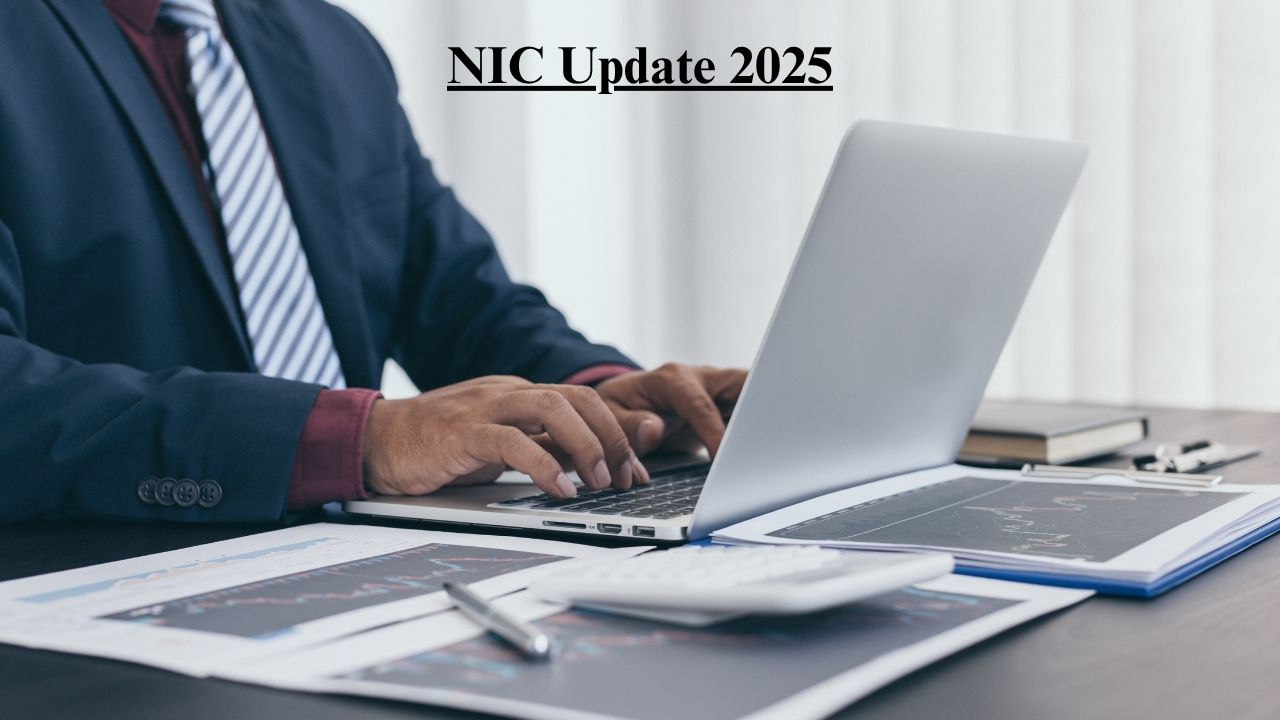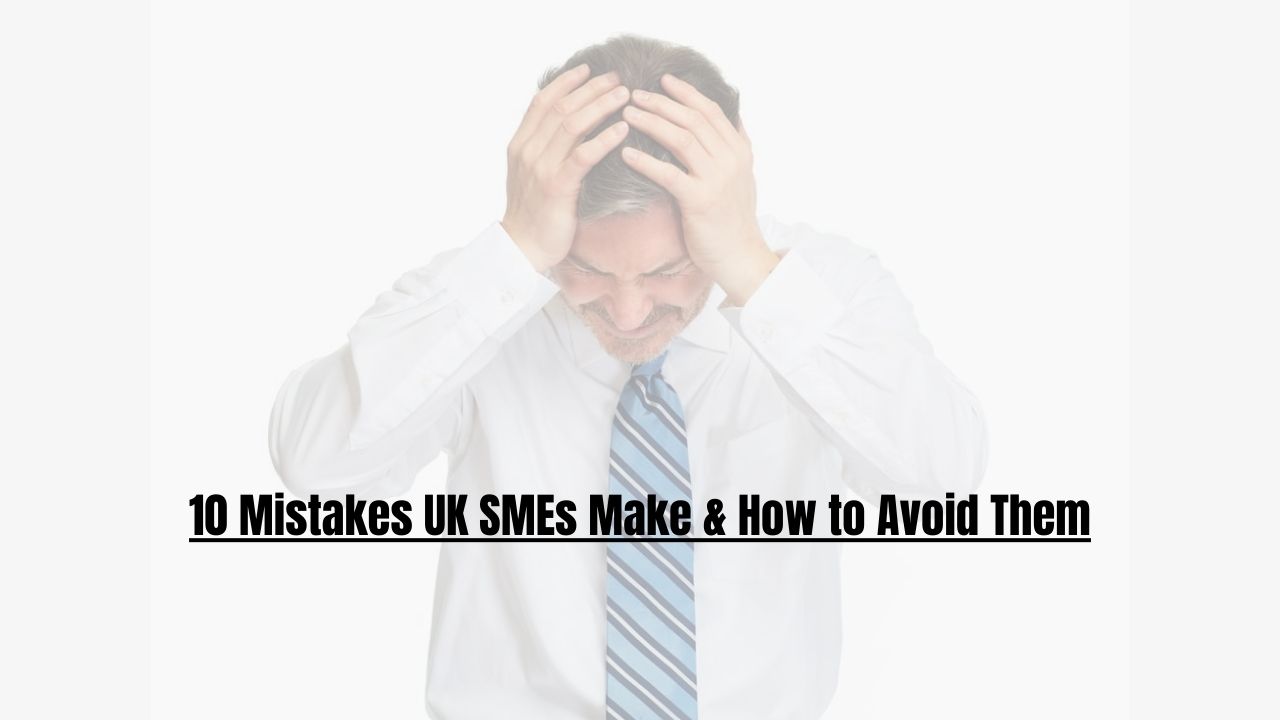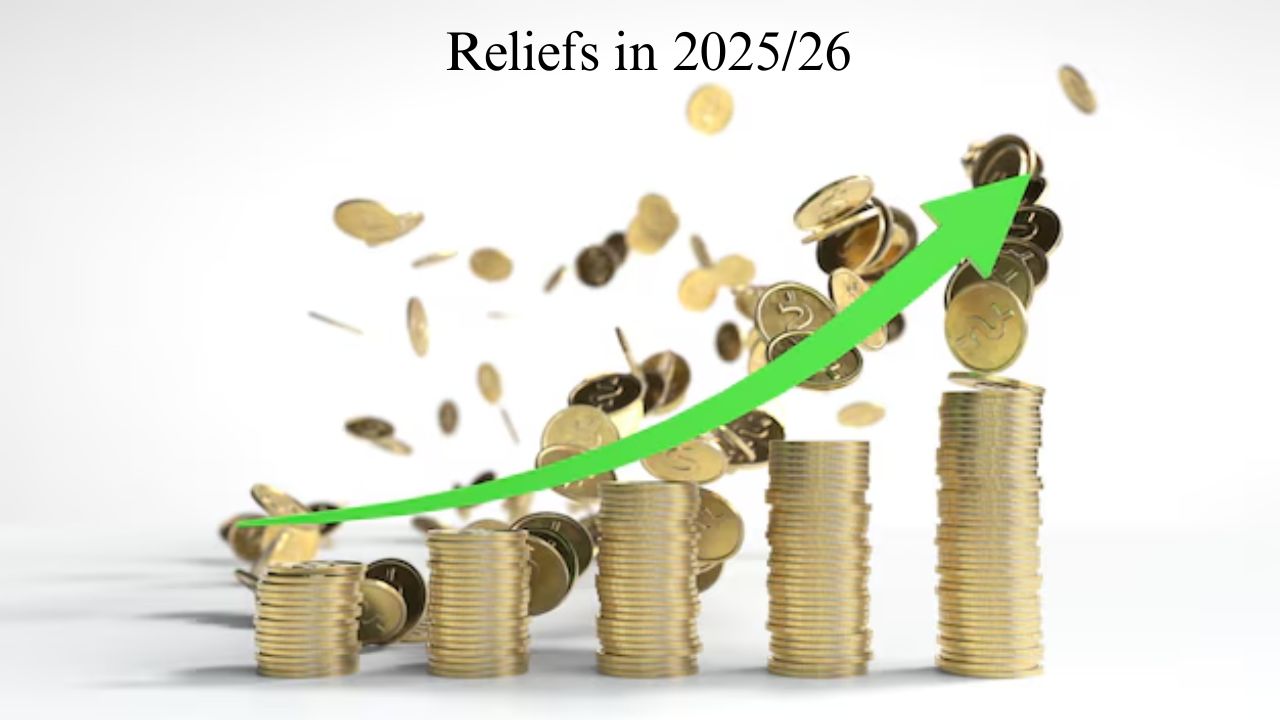
Top 10 Self Assessment Tax Return Mistakes
Getting your Self Assessment tax return correct is crucial to prevent penalties or additional tax to pay. Finding out how to avoid Self Assessment tax return errors will help you get it right the first time and pay the appropriate amount of tax.
What is a Self Assessment tax return?
You will need to submit a Self Assessment tax return if you have income that is not taxed automatically by your employer. You will need to fill out the return to report this income to HMRC and pay the necessary tax.
HMRC in the UK employ Self Assessement to obtain income tax from self-employed individuals or those earning income not taxed through their work and Pay As You Earn (PAYE).
A Self Assessment tax return is a document people fill out to report their income to HMRC. Based on the information provided on the document, HMRC can work out your tax liability for the tax year. You are asked to report income from all sources.
Self Assessment deadlines
You will pay a penalty for missing the submission deadline if you don't fill in and send your tax return on time. If you've never done a tax return previously, you have to notify HMRC by 5 October if you have to fill in a tax return. You will have to register for Self Assessment on the internet at the HMRC site.
UK tax year dates
In the UK, the tax year begins on April 6th and ends on April 5th of the next year.
Deadline for filing a paper return
For the filing of paper tax returns, the deadline is midnight 31 October for the last tax year.
The deadline for filing an online return
For online returns of tax, the deadline is 31 January for the last tax year.
Can I self-complete my Self Assessment tax return?
Yes. But the form is usually difficult to understand for individuals and easy to get wrong that would make you pay more tax. It's recommended to engage a qualified accountant and tax adviser like TVR accountants to do your tax return form and send it on your behalf.
Our Trained accountants and tax professionals will be aware of which expenses can be claimed against your income, what other tax relief is due to you, and what tax-free allowances you are entitled to.
10 most frequent Self Assessment tax return errors
- No Government Gateway user ID: HMRC checks your identity when accessing online services via the Government Gateway. You must have a Government Gateway User ID before you can set up an online Self Assessment account. Be sure to keep your Government Gateway User ID confidential at all times.
If you have not previously registered with HMRC and do not already have a Government Gateway account, you can register at the HMRC website here. You can retrieve your User ID online through HMRC at the GOV.UK website.
- Failing to use the correct Unique Taxpayer Reference (UTR): A UTR (unique taxpayer reference) is a 10-digit number allocated to and specific to UK taxpayers. Before you prepare your first tax return, you need to register a Self Assessment account with HMRC so that you are assigned a Unique Taxpayer Reference (UTR). If you've lost your UTR number, you may want to check earlier correspondence from HMRC or telephone HMRC to ask for it.
- Incorrect or incomplete information: Most individuals do not know how to fill out a tax return properly. This is what makes individuals put in false amounts when totaling their income and expenditure and results in incorrect amounts going into their Self Assessment tax return. Another frequent error is when individuals overlook significant questions or parts of the tax return. In such situations, HMRC will ask for details regarding any exclusions from your tax return. This can result in extra time, avoidable delays, or unexpected tax bills or HMRC fines.
TIP: You should reduce your tax to review tax reliefs and allowances. You must claim all the allowable expenses against your income prior to filling in your tax return. You shouldn't forget to claim items such as pension payments and donations to charity. Seek advice using a tax professional.
- Failure to report income from all sources: For your tax return to be valid, you are required to report income from all sources for the tax year. Refer to the list below of income that you are required to report on your tax return.
Most people who have only earnings from employment under a job will not have to fill in a tax return as their employer will tax them at source through PAYE. But if you are employed and you receive other income, you'll have to fill in a tax return.
TIP: Certain details can be calculated automatically on your tax return. We would, however, recommend that you verify this from payslips, etc, because the automatically calculated amounts are not always accurate. This can be checked through your P60 or P11D. .
Sources of income to report through Self Assessment
A person may have multiple sources of income in a tax year. The following list includes sources of income that you need to report on your tax return:
- Employment income.
- Self-employment income.
- Interest on savings.
- Rental income.
- Pension contributions.
- Share dividend payments.
- Capital Gains received from disposal or sale of assets.
- Forgetting tax-free allowances: Each person is entitled to a tax-free amount known as the personal allowance. The Personal Allowance is £12,570, which is how much you can earn before you pay tax.
Your Personal Allowance can be higher if you can claim Marriage Allowance or Blind Person's Allowance. But if your income is more than £100,000, your personal allowance will be lower.
- Claiming for disallowed expenses: Some of your outgoings can be offset against income to lower your tax bill. Not all of the outgoings you incur are allowable, though. The expenses that you can claim will vary if you are self-employed, a sole trader, or operating a limited company.
Examples of allowable expenses that you might be able to claim are:
- Working from home.
- Costs associated with business travel.
- Office stationery, supplies and equipment.
- Professional fees like accountants and legal expenses.
- Business advertising, marketing and branding.
- Professional development and training.
You'll need to maintain precise records, invoices, or receipts of any expenditure you claim, as HMRC may request to view them in the future.
- Failure to pay or make payments on account: You are required to pay advance payments to HMRC on account of your income tax liability. These payments are known as 'payments on account'. Failure to plan or save beforehand for payments on account is a very common error on the part of individuals.
These payments are made twice annually on the basis of half the previous year's chargeable tax. Payments on account assist individuals in controlling their funds and cash flow. Payments on account are due by midnight on 31 January and 31 July annually.
You will not need to pay in advance if your previous year's Self Assessment bill was less than £1,000 or you have already paid more than 80% of all tax you are due to pay. If you do not pay by the deadline, you will be charged interest and could face a financial penalty.
TIP: Save money every month towards your tax bill. If you can't pay your payment on account, you may be able to make regular monthly or weekly payments by entering into a budget payment plan to assist you in keeping the payments manageable. Familiarise yourself with the HMRC payment options that are available to you, including online and phone payments.
- Missing deadlines: The online submission deadline is on 31 January every year. If your tax return is up to 3 months late, you’ll pay a late filing penalty of £100. If it’s later than 3 months, you’ll have to pay more and be charged interest on late payments.
- Not claiming tax relief on private pension contributions: Tax relief is available on private pension contributions.
You'll receive the tax relief automatically, or you may need to claim it directly from HMRC. The way you claim it will depend on the type of pension scheme you pay into and the amount of income tax you pay.
You will be able to receive this tax relief automatically if:
- Your employer deducts workplace pension contributions from your wages.
- You pay into a private pension and Income Tax of 20%, as your pension company will reclaim the basic tax relief rate and credit it to your pension fund.
- If you are an additional rate taxpayer or a higher rate taxpayer, you can reclaim the additional 20% and 25% on your tax return. The relief can be returned in these manners.
- Failing to claim tax relief on gifts to charity: Donations by individuals to charity or community amateur sport clubs (CASCs) are tax-free and can help lower your tax liability. This is for sole traders and partnerships. Limited companies have varying rules.
What to do if you make a mistake with your tax return
If HMRC identifies issues with your return, you might end up paying too much tax, insufficient tax, or a penalty notice. HMRC can choose to conduct a tax investigation if your returns each year are inconsistent.
How TVR accountancy can assist with your tax return
Do you not know where to send your Self Assessment tax return? At TVR Accountancy, we provide professional services to guarantee your tax return is accurate, compliant, and in on time. If you're self-employed, a landlord, a company director, landlord or just have multiple incomes, we can make it easy to submit your tax return without incurring expensive penalties and paying only what you have to.
Contact us today on 01284332375 can also e-mail us at info@taxvatreturn.co.uk



